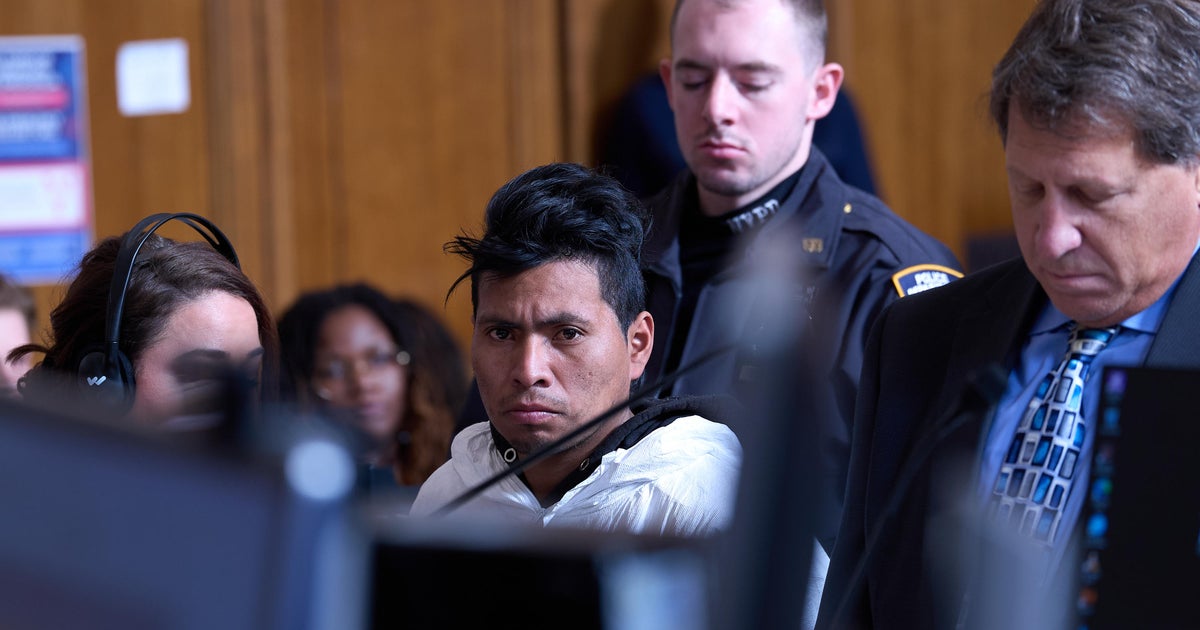African-Americans At Greater Risk For High Blood Pressure, New Research Shows
NEW YORK (CBSNewYork) -- New research shows who's most at risk for high blood pressure, and when.
The findings show African-Americans are at much higher risk at an earlier age than other groups.
High blood pressure is often called a silent killer because it usually has no symptoms until it leads to a heart attack, stroke, or kidney damage. The longer you have it, the more likely it is to cause those deadly problems.
Five years ago, Tracy Johnson was at work when she suddenly felt extremely warm.
"The nurse on the site checked my blood pressure and it was 220 over 120," she said. "They sent me straight to the emergency room."
The 46-year-old learned she had high blood pressure, which runs in her family. New research in the Journal of the American Heart Association shows that 75 percent of African-American men and women are likely to develop high blood pressure by age 55, compared to just 55 percent of white men and 40 percent of white women.
Experts say blood pressure is a complex health issue.
"A part of it relates to the genetic makeup, a part of it relates to diet, lifestyle," Dr. Gautam Visveswaran from Newark Beth Israel Medical Center said.
Research also found that following a diet designed to stop hypertension lowered a person's risk. Dr. Visveswaran says high blood pressure is preventable.
"Incorporate a healthy diet which is low salt, high in fruits and vegetables, get to an exercise program," he said. "Go to your healthcare provider."
Johnson says she doesn't eat fried foods, ice cream, or cheese anymore. Even so, she needed surgery three months ago for two blockages in her cardiac arteries, a known consequence of high blood pressure.
"When you're young you think you're invincible, so I wasn't worried about that then but I am now," she said, adding she's more diligent now about taking her medications, has lost some weight, and is exercising to stay healthy.
In the study, having a higher body weight was linked with an increased risk or high blood pressure regardless of race of gender. Most blood pressure can be lowered with medication, but the key is getting it treated once you know you have it.



